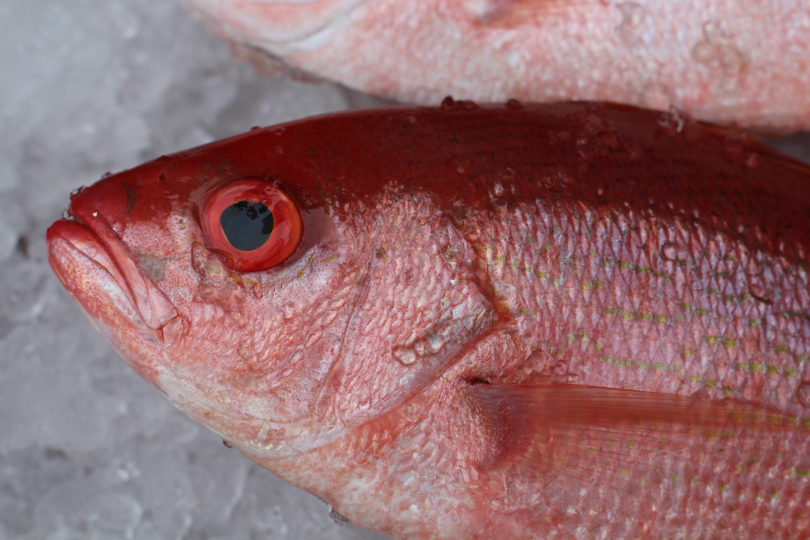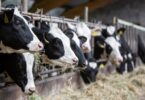Athens, Ga. – A revamped online seafood directory that aims to help Georgia consumers and retailers gain better access to fresh Georgia seafood is being launched by the University of Georgia Marine Extension and Georgia Sea Grant, units of the Office of Public Service and Outreach.
Featuring retail and wholesale companies licensed to sell seafood in Georgia, the Georgia Seafood Directory (GeorgiaSeafood.org), published in partnership with the Consumer Protection Division of the Georgia Department of Agriculture, is a free voluntary listing that enables seafood retailers to source locally harvested or farmed seafood for restaurants, grocery stores, seafood markets, catering and other uses. It also features Georgia-based companies offering other kinds of specialty seafood products.
The Georgia Seafood Directory supports local Georgia seafood companies in reaching inland markets that have been largely impenetrable due to lower priced imports, the cost of refrigerated transportation and competition from other regions of the U.S. While the local food movement has inspired an emergence of farmers markets and restaurants featuring locally grown ingredients, commercial seafood harvesters have struggled to tap into this movement. Small seafood companies lack the time and resources to investigate lucrative inland markets such as the Atlanta area. While rising fuel and insurance costs are putting increased pressure on local seafood companies to expand into new markets, many are not able to connect with potential customers due to the lack of an online presence.
“Many harvesters and smaller operations don’t have websites or a social media presence, so this directory is an important promotional opportunity for them,” said Tori Stivers, a UGA Marine Extension and Georgia Sea Grant seafood specialist. “As this is a free service being offered by the University of Georgia, we encourage companies to enroll and reach new audiences.”
The seafood directory features companies selling seven types of seafood that are economically important to Georgia: shrimp, fish, oysters, whelk, blue crab and clams, as well as specialty products like jellyfish.
“The directory was originally developed for restaurants and food service companies who wanted to buy local seafood. However, we are now expanding to individual consumers as well,” Stivers said. With consumer needs in mind, the directory now provides educational information on each species and how different types of seafood are harvested and processed.
In addition to helping consumers purchase local seafood, the directory also assists small companies in promoting their products and services. The listing links inland Georgia buyers to coastal producers, encouraging increased consumption of Georgia-harvested seafood within the state.
The Georgia Seafood Directory
The Georgia Seafood Directory is an online guide published by the University of Georgia Marine Extension, Georgia Sea Grant and the Consumer Protection Division of the Georgia Department of Agriculture. For more information, see GeorgiaSeafood.org.
UGA Marine Extension and Georgia Sea Grant
The University of Georgia Marine Extension and Georgia Sea Grant are a state and federal partnership dedicated to conducting research, education and outreach to enhance coastal environmental, social and economic sustainability. As units of the Office of Public Service and Outreach at UGA, they help improve public resource policy, encourage far-sighted economic and fisheries decisions, anticipate vulnerabilities to change and educate citizens to be wise stewards of the coastal environment. Georgia Sea Grant is one of 33 Sea Grant programs throughout the country housed under the National Oceanic and Atmospheric Administration. For more information, see http://marex.uga.edu or http://georgiaseagrant.uga.edu.








